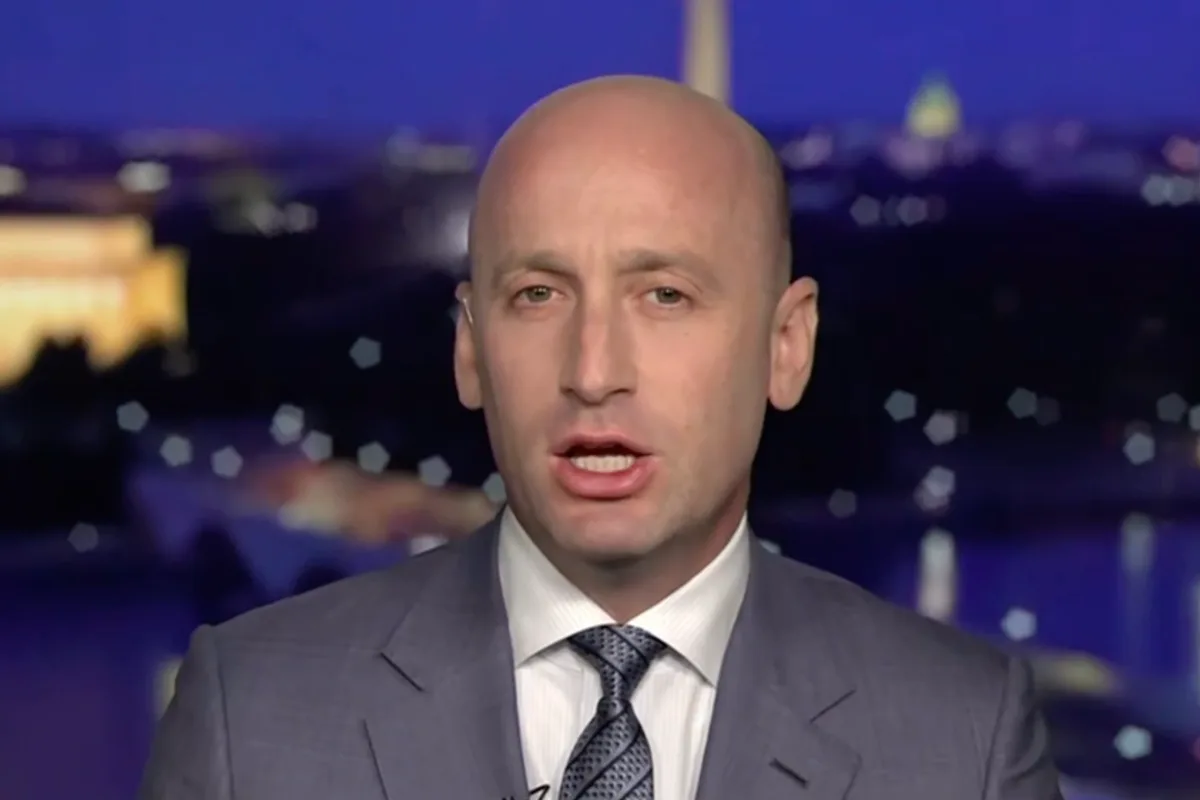In a recent appearance on Fox News, Stephen Miller, the White House deputy chief of staff, sought to defend President Donald Trump’s deployment of federal law enforcement officers by painting a grim picture of Chicago and Washington, D.C. as cities plagued by violence and crime.
Drawing parallels to Trump’s own rhetoric, Miller described Chicago as a “bloody killing field,” evoking chilling imagery of a city overrun by lawlessness and violence. While the term “killing field” historically refers to the tragic Cambodian Genocide, Miller’s precise intent remains ambiguous.
During his interview on Hannity, Miller pointed to Chicago’s alleged police department restrictions and escalating crime rates to justify Trump’s threat of federal intervention. Despite official crime data indicating a decrease in homicides and violent incidents in Chicago, Miller argued that federal action was imperative, attributing the city’s woes to what he labeled as Democratic Party neglect.
Transitioning to Washington, D.C., Miller portrayed the capital as a city rife with chaos and fear prior to federal intervention orchestrated by President Trump. Citing a string of violent incidents and widespread apprehension among residents, Miller emphasized the necessity of federal law enforcement presence in combating crime.
Contrary to the prevailing narrative, national crime statistics reflect a declining trend in violent crime, with D.C. reporting a significant reduction in violent incidents in 2024. Nevertheless, Trump’s deployment of the National Guard and the prospect of further federalization have faced criticism from Democratic leaders who question the necessity and motivations behind such actions.
In response to Trump’s threats to involve the National Guard in Chicago, Illinois Governor JB Pritzker vehemently opposed the move, underscoring the administration’s contentious relationship with state and local leaders.
Miller’s defense of Trump’s use of federal law enforcement as a proactive measure in addressing crime echoes the administration’s stance that such interventions are essential in restoring law and order. Despite conflicting viewpoints and resistance from Democratic circles, the debate surrounding the role of federal forces in domestic law enforcement continues to unfold.
As the discourse intensifies, the implications of federal involvement in addressing crime in Chicago and Washington, D.C. underscore broader questions of governance, security, and civil liberties in an era marked by heightened tensions and political polarization.

